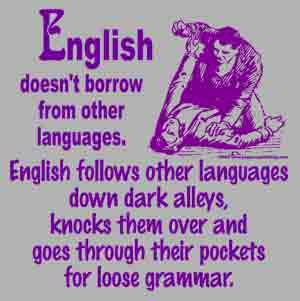Finchbearer
 Istar
Istar
What about the cave left him ‘ill at ease’?One word I find I am stumbling on recently is Dis-ease. I'd like to say something like, the cave left him with a feeling of 'Dis-ease', as opposed to, the cave gave him a feeling of 'unease'. Seems like it should work, 'Dis' being the opposite of, and 'Ease' being comfortable, but obviously 'Disease' means sick or sickness, so.... I cant write it that way. I find I leaves me having to write around this when it would flow better if I did not have to.

 Myth Weaver
Myth Weaver
 Inkling
Inkling
 Scribe
Scribe